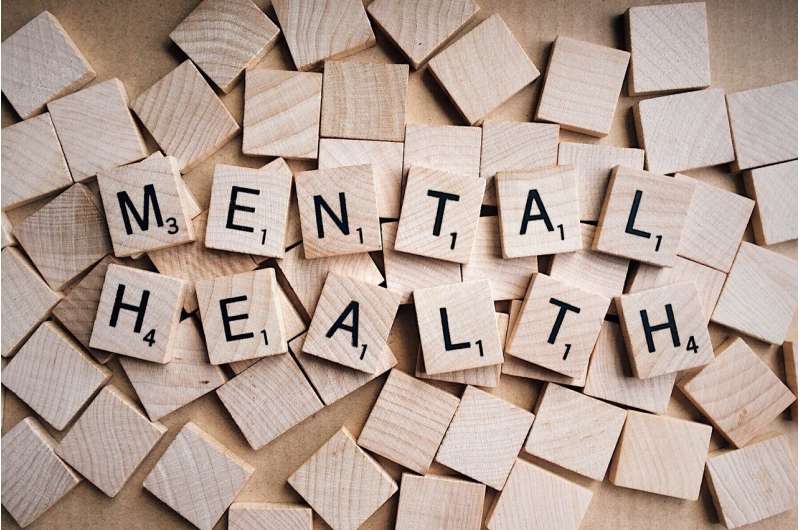Understanding Why Individuals Falsify Illness for Financial Gain, According to a Psychologist

This article explores the psychological reasons behind why some individuals fake serious illnesses like cancer for financial gain, highlighting notable cases and the challenges in detecting deception.
In recent news, Queensland woman Amanda Maree Power was sentenced after faking cancer and deceiving others to collect approximately A$24,000 over several years, using the funds for holidays and fake medical bills. Her case underscores the complex reasons behind such deceptive behaviors, which are often motivated by underlying psychological needs or external incentives.
Faking illness, especially serious conditions like cancer, is a phenomenon observed globally, with notable cases including wellness blogger Belle Gibson in Australia, who was fined for misleading claims, and individuals like Ashley Kirilow and Maddison Russo from Canada and the U.S., who were convicted of fraud. These individuals exploit both social and financial systems to benefit from false health claims.
Psychologists classify such behaviors mainly as malingering or factitious disorder. Malingering involves deliberate deception to achieve external goals, such as avoiding responsibilities or obtaining money, and includes faking an illness, exaggerating symptoms, or claiming ongoing illness after recovery. Factitious disorder, previously known as Munchausen syndrome, involves creating or exaggerating symptoms primarily to fulfill psychological needs like attention, care, or validation.
While terms like malingering and factitious disorder sound similar, distinguishing between them is crucial for treatment and legal reasons. Misidentification can lead to inappropriate medical care or legal consequences. The prevalence of these behaviors is believed to be low but remains challenging to quantify due to their covert nature.
Social media and online platforms have amplified the ease of faking illnesses, as they enable individuals to access support networks, charities, and crowdfunding opportunities. They also facilitate the rapid spread of false claims, making it harder to verify the authenticity of such stories.
The repercussions of faking illness extend beyond the individual, causing emotional betrayal, financial loss, and distrust within communities. Genuine patients suffer as support and donations might shift away from those with real struggles, intensifying the societal impact.
Detecting deception in health claims remains difficult because humans are naturally biased towards believing loved ones and are often unaware of subtle signs of falsehoods. Confirmation bias, in particular, hampers objective assessment of suspicious behavior.
Although scams involving health falsification are rare, they highlight the importance of skepticism and verification, especially in online fundraising and support initiatives. Addressing these issues requires a combination of psychological intervention for true psychiatric conditions and legal measures for fraud cases.
In conclusion, understanding the psychological motivations behind illness faking and improving detection methods can help mitigate the harm caused by such scams. Promoting awareness and careful validation are key to protecting both individuals and wider society from the consequences of deception.
Stay Updated with Mia's Feed
Get the latest health & wellness insights delivered straight to your inbox.
Related Articles
Rethinking Nature and Its Role in Healing: Debunking the Myth of Nature as a Cure
Challenging the myth of nature as a cure, this article explores the historical and personal complexities surrounding 'nature cure,' disability, and ecological interdependence. Discover why healing involves more than just outdoor activity.
Avoidance of Negative Feedback in Teenage Girls Linked to Increased Anxiety: New Study Insights
A groundbreaking study links teenage girls' avoidance of negative social feedback to higher anxiety levels over time, challenging previous assumptions about attention patterns and mental health risk factors.
Impact of Excessive Gaming on Children's Mental, Social, and Academic Well-being
A groundbreaking study from Hong Kong links binge gaming in children to increased risks of mental health issues, social challenges, and academic difficulties, highlighting gender differences and the need for targeted interventions.



